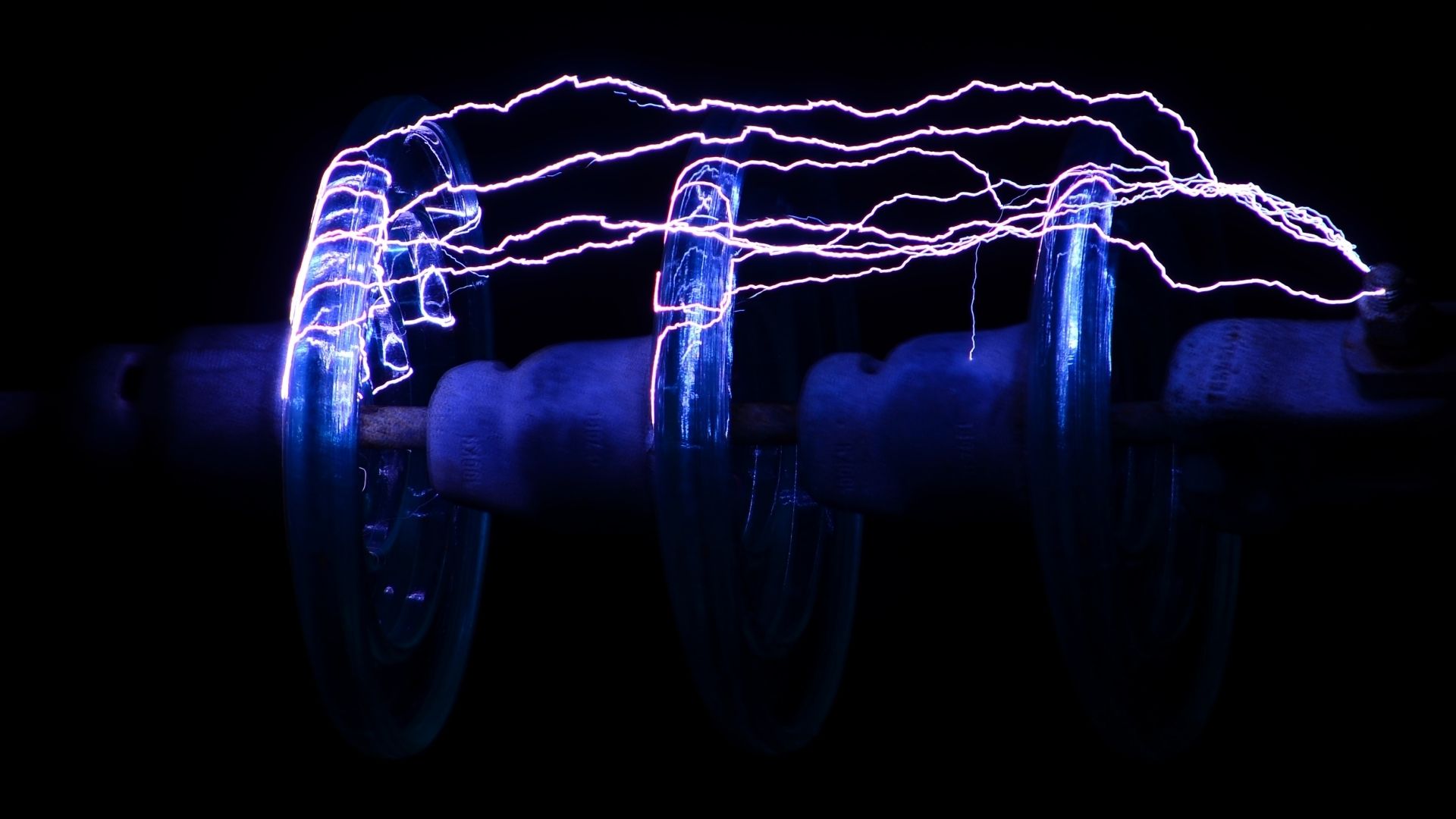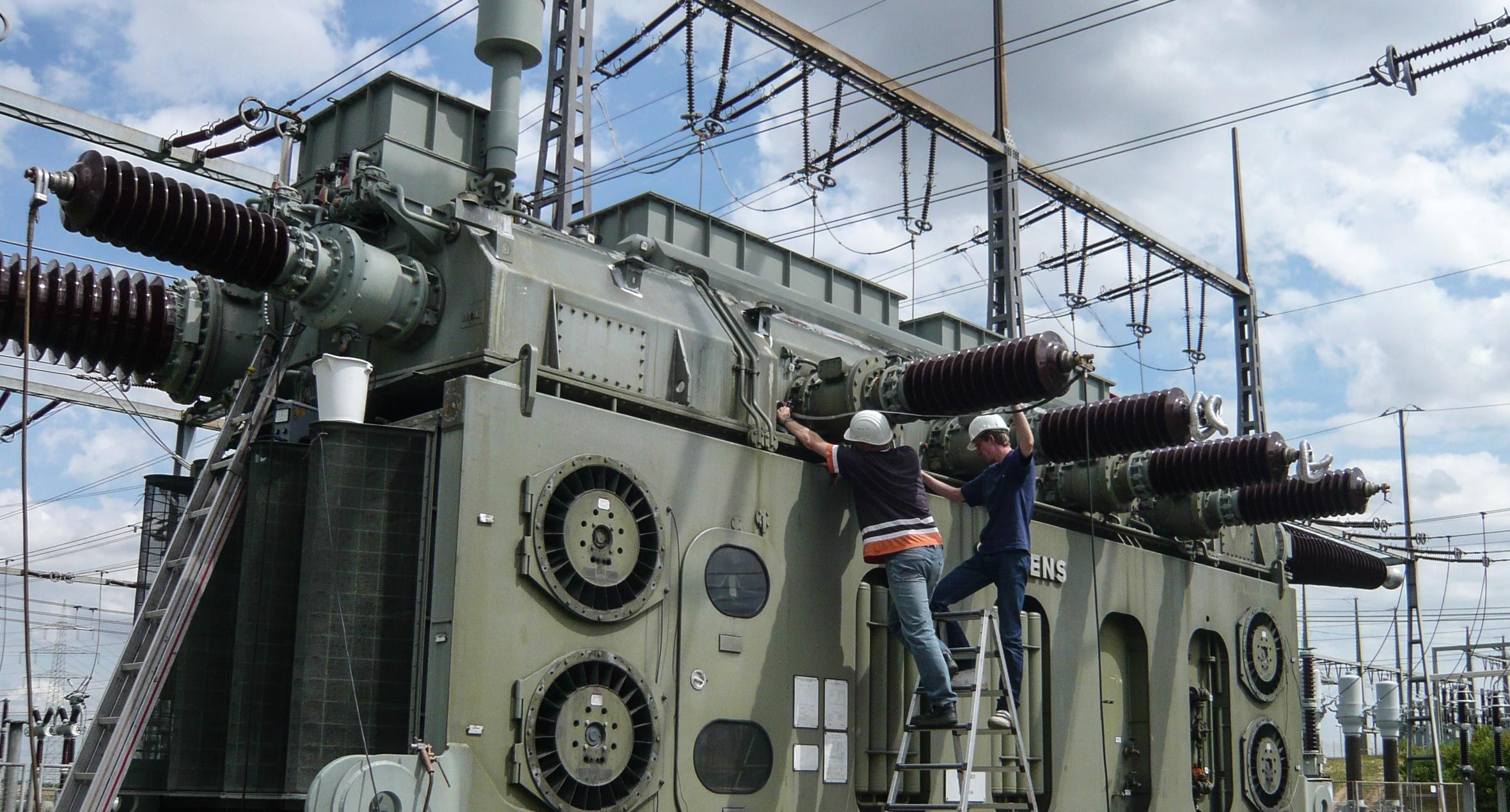The University of Stuttgart
The University of Stuttgart is one of the leading technically oriented universities in Germany with global significance. It sees itself as a center of university-based, non-university, and industrial research. Founded in 1829 by King Wilhelm I of Wuertemberg as a trade school it became a university in 1967 and developed into an international research university in two centuries. Furthermore, it takes a role as a guarantor of research-based teaching, focused on quality and holism. The Stuttgart Way means an interdisciplinary integration of engineering, natural sciences, humanities, and social sciences based on the fundamentals of cutting-edge research at a disciplinary level. Nearly 28,000 students follow their studies in 10 colleges and 150 degree programs.
Research at the Institute of Power Transmission and High Voltage Technology (IEH)
The Institute of Power Transmission and High Voltage Technology is headed by Professor Stefan Tenbohlen.
My link is: https://www.ieh.uni-stuttgart.de/en/institute/team/Tenbohlen/
Our institute’s main research topics are mainly related to the reliability, cost-efficiency and sustainability of electric power supply. Thus, we deal on the one hand with tasks from the field of high-voltage insulation performance and condition assessment and on the other hand with the requirements for planning and operation of future electric power grids which arise from the increasing use of renewable energies. A special emphasis of our research work is in the field of electromagnetic compatibility (EMC) of both power electric and electronic systems.

Detection and measurement of partial discharges
At our institute, we develop and improve measurement techniques for the measurement of high amplitude impulse voltages and transient electromagnetic fields. A main topic in this field has become the detection and measurement of partial discharges. Here we basically deal with modern methods of noise reduction, with acoustic PD measurement techniques and with unconventional UHF partial discharge measurement and localisation techniques.
Monitoring of the operating conditions
The operation of electric power networks above their initial dimensioning levels and longer than their estimated lifespan requires a detailed monitoring of the operating conditions to ensure a safe supply with electric power also in the future (Life Cycle Management). For this task the diagnostic tools which are necessary for different apparatus are developed or improved (e. g. partial discharge measurement, Frequency Response Analysis, moisture determination, dissolved gas analysis, vibration measurement, on-line monitoring). These tools can be used to predict the overload capacity and residual lifetime of HV apparatus. On the other side service and maintenance strategies for HV equipment are developed (asset management).
In the field of power transformers the following research topics are under investigation:
• Simulation and Design Optimization of the Thermal Behavior by means of CFD
• Use of Natural Esters (Dielectric strength, Ageing, Diagnosis)
• Investigation of Oil Conductivity
• Influence of DC-Currents on Operational Behavior
• On-line Detection and Localization of Partial Discharges by conventional and non-conventional methods
• Detection of Winding Deformations by Frequency Response Analysis
• Determination of Moisture of Oil/Paper Insulating System
• Investigation of Fault Gas Generation
• Evaluation of On-line Monitoring Data to Model the Operational Behaviour of Power Transformers
• Dynamic Loading of Power Transformers
• Assessment of Vibrations of Power Transformers

Transformer Research Scope
Materials and Design
• Simulation and design optimization of thermal behaviour by CFD
• Use of Alternative Liquids (Dielectric strength, Ageing, Diagnosis)
• Investigation of Oil Conductivity
• Influence of DC-Currents on operational behaviour
• Modelling of core material
Condition Assessment
• On-line detection and localization of Partial Discharges by conventional and non-conventional methods
• Artificial Intelligence for PD pattern recognition
• Detection of Winding Deformations by Frequency Response Analysis
• Determination of Moisture of Oil/Paper Insulating System
• Investigation of Fault Gas Generation
• Evaluation of on-line Monitoring Data to model the operational behaviour
• Dynamic Thermal Rating
• Mechanical Vibration Analysis
Transformer Research Facilities
Lightning Impuls Generator 1.4 MV, 100 kJ
Current Impuls Generator 200 kA, 100 kV, 80 kJ
AC Test System 2 x 400 kV/2 A, 1500 kVA
DC Test System 600 kV, 10 mA
Climate Chamber 3 x 3 x 3 m3, Voltage up to 650 kV, Temperature between -20° and +65°C
Thermohydraulic Test Booth for Winding Models
Measurement Systems
• High Speed Imaging System
• Spectrum Analyzer
• Omicron FRAnalyzer (FRA Test System)
Partial Discharge Detectors
• Omicron MPD 540
• Power Diagnostix ICM Compact
• BSS PDM 600
• UHF PD Valve and Plate Sensors
• Acoustic PD detection and localisation system
Oil Analysis
• Karl Fischer-Titrator for moisture measurement
• Vaisala Moisture Transmitter
• Omicron Dirana (FDS – Dielectric Response Analyser)
• Potentiometric titrator for acidity measurement
• Baur Breakdown Tester
• DGA-System (Headspace and vacuum gas extraction)
• Vacuum Ovens
• Micafluid Oil Purification System
Participation in CIGRE Working Groups on Transformers
A2.26 Mechanical Condition Assessment of Transformer Windings using Frequency Response Analysis (FRA)
A2.27 Recommendations for Condition Monitoring Facilities
A2.30 Moisture Equilibrium and Moisture Migration within Transformer Insulation Systems
A2.37 Transformer Reliability Survey (Convenor)
A2.38 Thermal Modelling of Power Transformers
A2/D1.51 Partial Discharge Measurements for Factory Acceptance Tests and Site Acceptance Tests of Power Transformers
A2.53 Objective interpretation methodology for the mechanical condition assessment of transformer windings using Frequency Response Analysis (FRA) (TF leader)
A2.57 Effects of DC Bias on power transformers
A2.62 Analysis of Transformer Reliability (Convenor)
AG D1.01 Fluid Impregnated Systems
D1.29 Partial Discharges in Transformers
D1.31 Dielectric Performance of insulating liquids for transformers
D1.37 Guidelines for basic and practical aspects of partial discharge detection using conventional (IEC60270) and unconventional methods
D1/A2.47 New frontiers of Dissolved Gas Analysis (DGA) interpretation
D1.70 TF3 Dielectric Performance of insulating Liquids